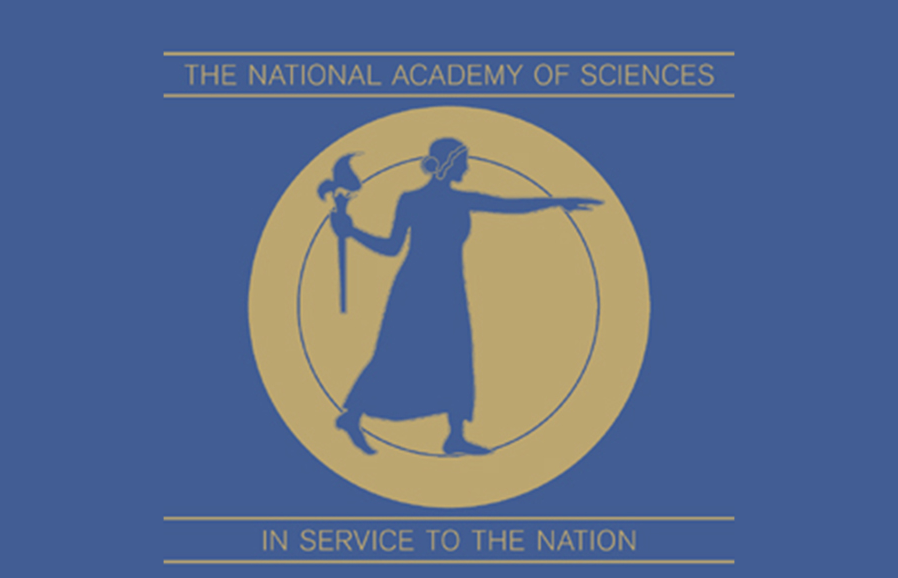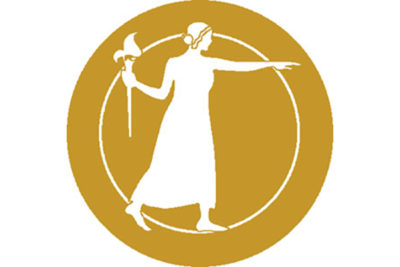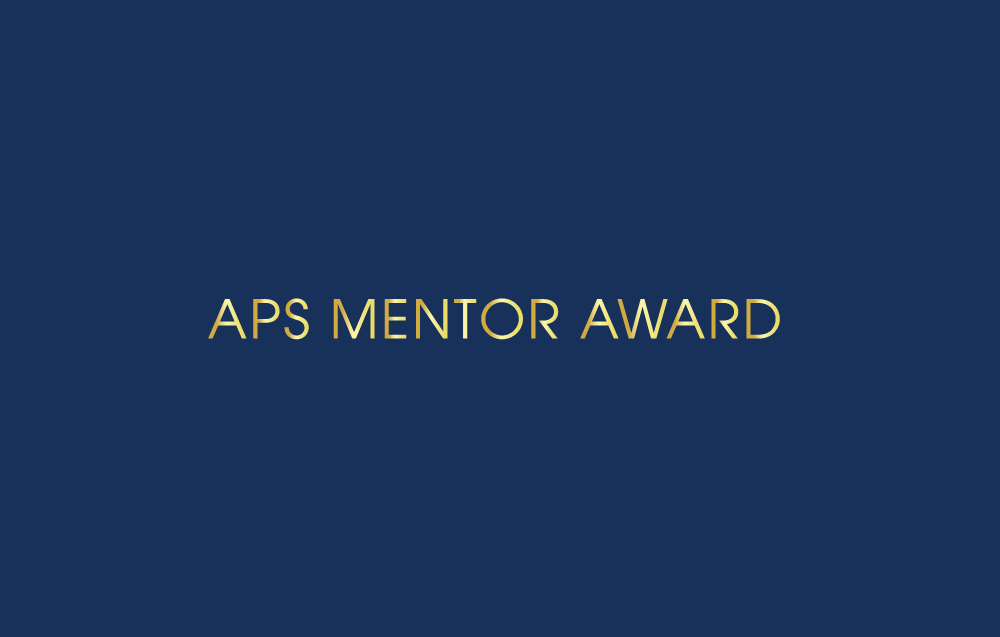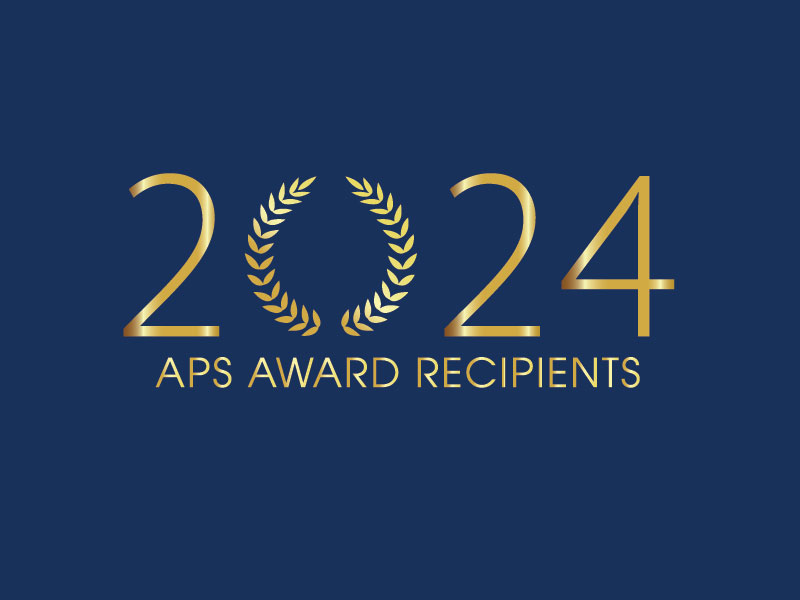Six APS Fellows Elected to the National Academy of Sciences

APS William James Fellows Kent C. Berridge, Vonnie C. McLoyd, Nora S. Newcombe, and Henry Wellman have been elected to the National Academy of Sciences (NAS). APS Fellow and 2024 Mentor Awardee Brenda Major and APS Fellow Eveline Crone have also been elected to the academy.
Established under a congressional charter signed by U.S. President Abraham Lincoln, the NAS is a private, nonprofit institution charged with providing independent, objective advice to the nation on matters related to science and technology. Scientists are elected by their peers for outstanding contributions to research.
Berridge, McLoyd, and Wellman are University of Michigan faculty members. Berridge is the James Olds Distinguished University Professor of Psychology and Neuroscience. His research focuses on improving understanding of the neural mechanisms of emotion, motivation, learning, and reward. He and APS William James Fellow Terry Robinson won the 2019 University of Louisville Grawemeyer Award in Psychology for their research on the role of neural sensitization in drug addiction.
McLoyd, the Ewart A. C. Thomas Collegiate Professor of Psychology, has pioneered attempts to understand the psychological processes through which economic deprivation influences Black families and children, and her work has guided the development of effective prevention and intervention programs for Black communities. Earlier this year, McLoyd received the NAS Atkinson Prize in Psychological and Cognitive Sciences. She is an APS Past Board Member.
Wellman is the Harold W. Stevenson Collegiate Professor Emeritus of Psychology at the University of Michigan. His seminal research on children’s development of theory of mind has had a profound impact on developmental psychology, and his exploration of cultural variations in cognition has highlighted the intricate interplay between individual and societal influences.
Newcombe is a Laura H. Carnell Professor of Psychology at Temple University. Her highly influential research on the development of spatial cognition has demonstrated how both children and adults can improve these skills through training and play and that some of these abilities, such as using maps, develop even earlier than once thought. In addition to her 2014 William James Fellow Award, she is a 2023 APS Mentor Award recipient and editor of the APS journal Psychological Science in the Public Interest.
Major is a Distinguished Professor in the Department of Psychological and Brain Sciences at the University of California, Santa Barbara, and a member of the American Academy of Arts and Sciences. Major’s research addresses how people cope with prejudice, discrimination, devalued social identities, and stressful life events. She is a recipient of the APS 2024 Mentor Award.
Crone was elected as an international member. She is a professor in the Department of Developmental Neuroscience in Society at the Erasmus University in Rotterdam and a professor of neurocognitive developmental psychology at Leiden University. Her research focuses on risky behaviors in adolescents and the function of those risks. In 2017, Crone was awarded the Spinoza Prize, the highest recognition for Dutch scientists.
Related content we think you’ll enjoy
-

National Academy of Sciences Elects Four APS Fellows
New NAS members in 2022 include APS Fellows Robert A. Bjork, Alice H. Eagly, Megan R. Gunnar, and Roberta L. Klatzky.
-

APS Mentor Award
The APS Mentor Award honors the importance of mentoring in our field as well as the dedication and impact of individuals with a distinguished record of teaching, advising, and encouraging students and colleagues.
-

2024 APS Lifetime Achievement Awards Honor 15 Psychological Scientists
Scientists who have pioneered our understanding of language, vision, theory of mind, racial/ethnic identity, and much more are among the 15 recipients of APS’s highest honors.
Feedback on this article? Email [email protected] or login to comment.





APS regularly opens certain online articles for discussion on our website. Effective February 2021, you must be a logged-in APS member to post comments. By posting a comment, you agree to our Community Guidelines and the display of your profile information, including your name and affiliation. Any opinions, findings, conclusions, or recommendations present in article comments are those of the writers and do not necessarily reflect the views of APS or the article’s author. For more information, please see our Community Guidelines.
Please login with your APS account to comment.